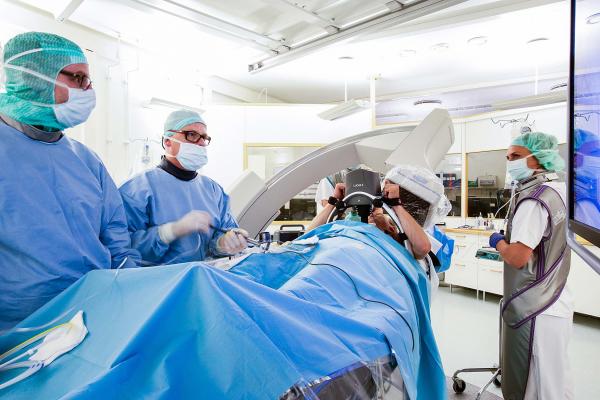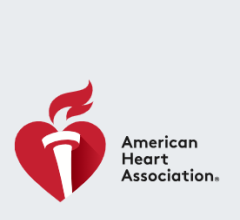
November 21, 2019 — People who experience cardiac arrests over the weekend are less likely to survive long enough to be admitted to a hospital, compared to those who had the same medical event on a weekday, according to preliminary research to be presented at the American Heart Association’s Resuscitation Science Symposium 2019 — November 16-17 in Philadelphia.
U.K. researchers investigated “survival-to-hospital admission” for patients who suffered an out-of-hospital sudden cardiac arrest and were treated by a publicly accessible automated external defibrillator (AED). They analyzed data of nearly 3,000 patients worldwide and noted that 27 percent survived to hospital admission, in line with other independent studies. Overall, researchers found that patients who suffered a cardiac arrest between 12 a.m. Saturday to 11:59 p.m. Sunday were about 20 percent less likely to survive than those patients who suffered a cardiac arrest between Monday and Friday. Survival also decreased for cardiac arrests occurring at home and as the patient’s age increased.
“It is often said that sudden cardiac arrest can happen to anyone, anytime, anywhere. These results suggest that there is an opportunity to address sudden cardiac arrests that occur during the weekend by improving AED awareness, availability and training and quick response by rescuers,” said Hannah Torney, the study’s lead author, who is studying for her Ph.D. at Ulster University in Northern Ireland and is a clinical engineer at HeartSine Technologies/Stryker in Belfast, Northern Ireland.
Researchers noted weekend survival may be reduced because individuals may be less likely to be near a publicly accessible AED and their sudden cardiac arrests may not be witnessed. They added that this data analysis could help guide the strategic placement of AEDs to improve accessibility.
For more information: www.heart.org
Links to the 2019 AHA late-breaking trials


 November 14, 2025
November 14, 2025 









